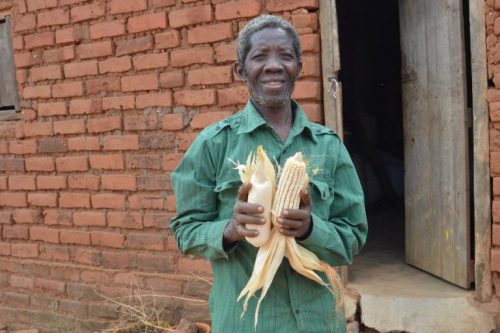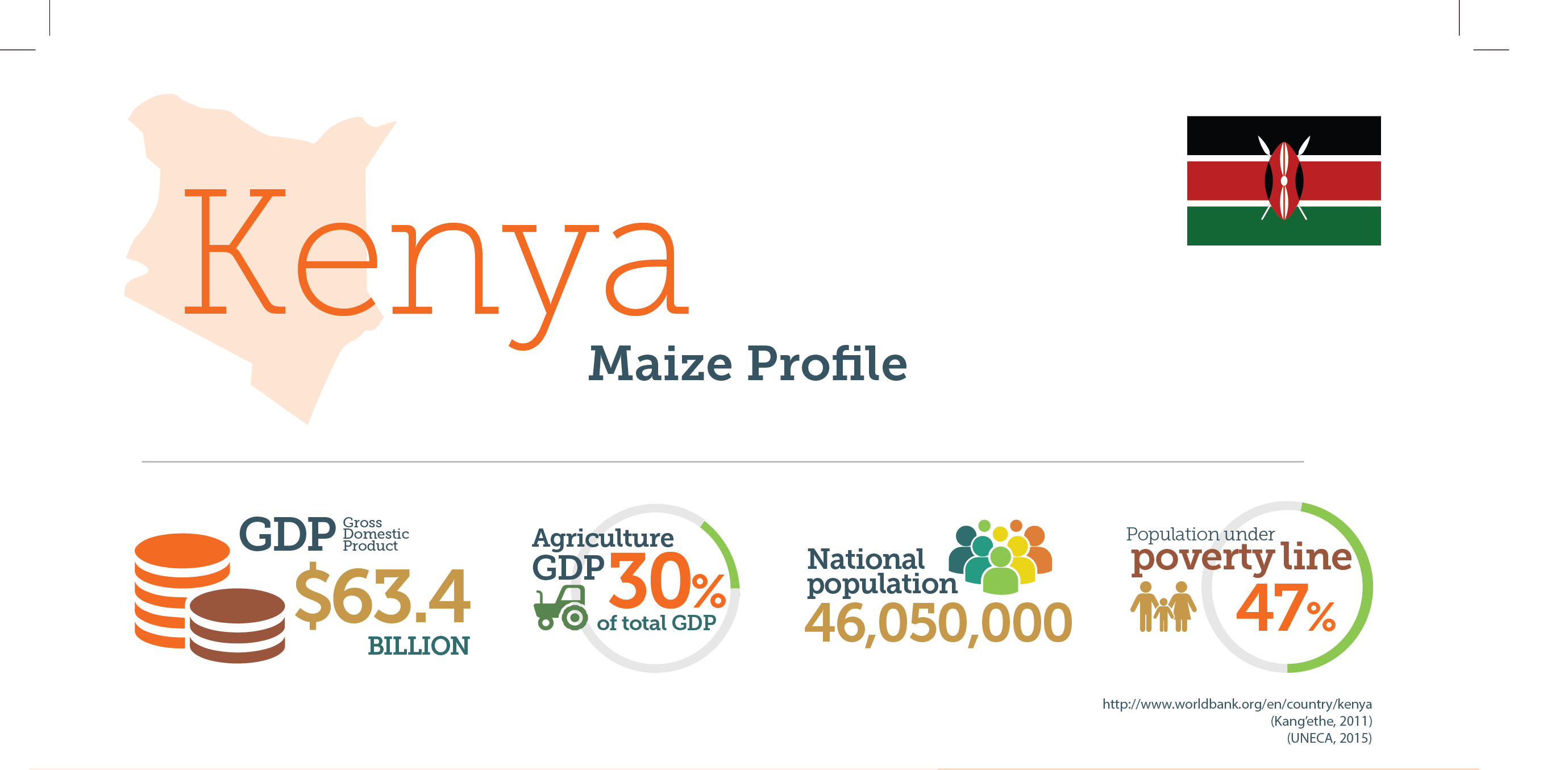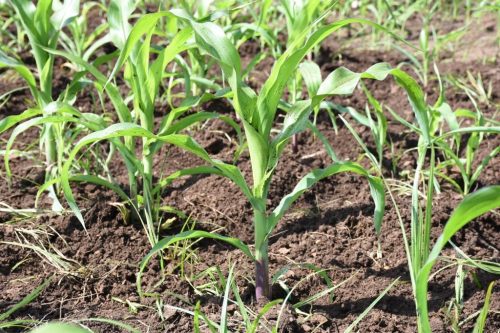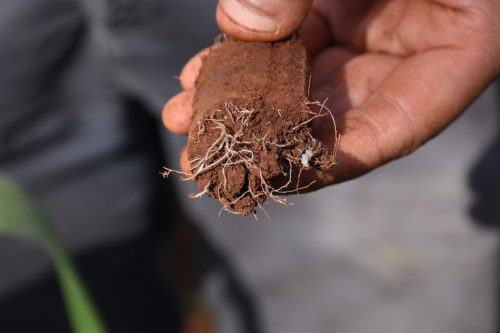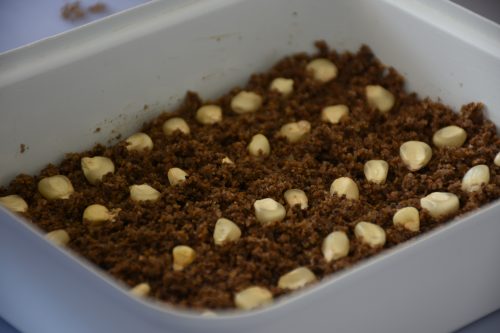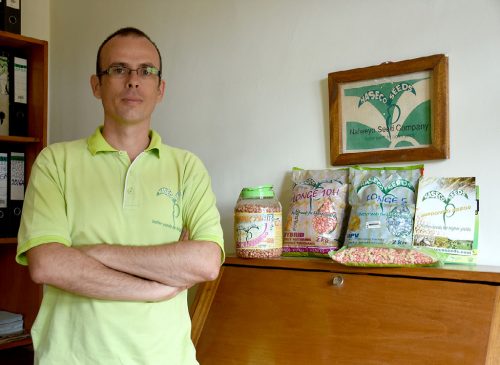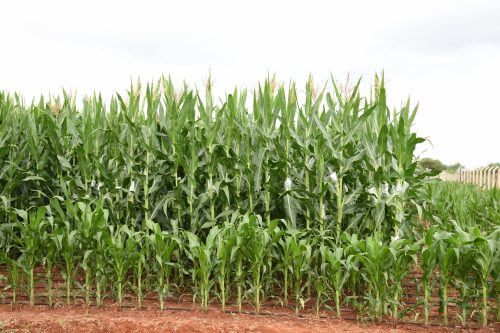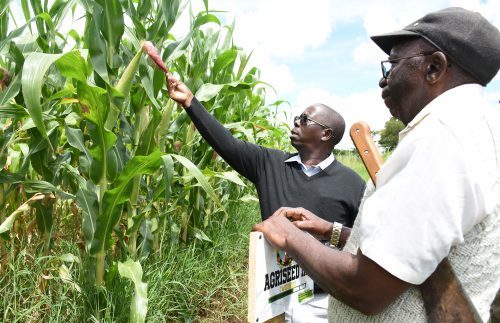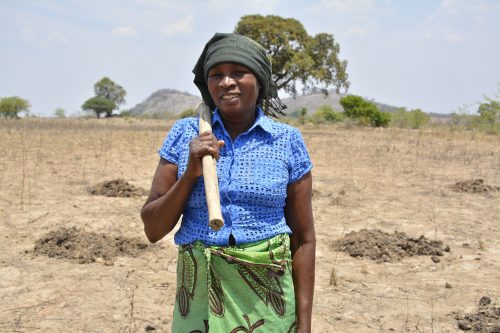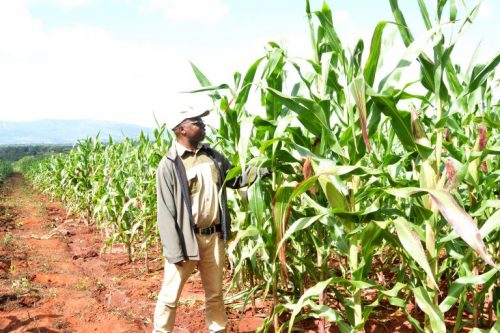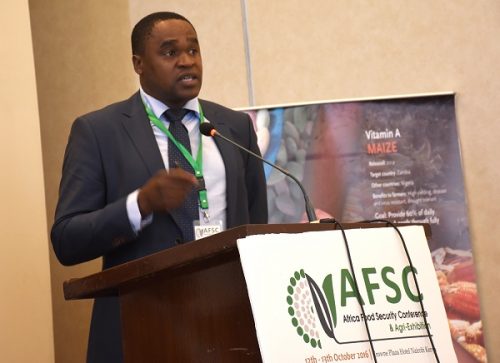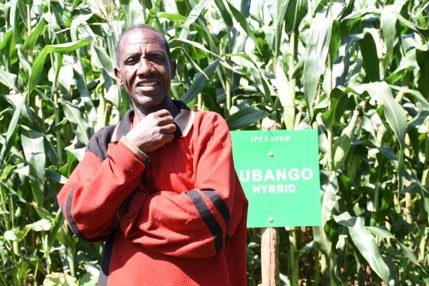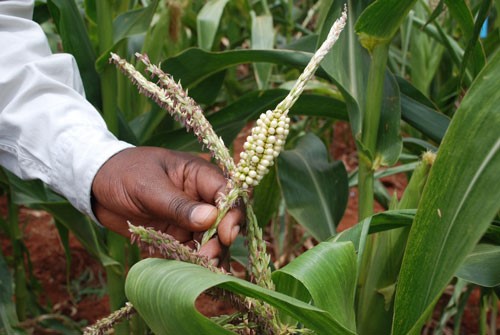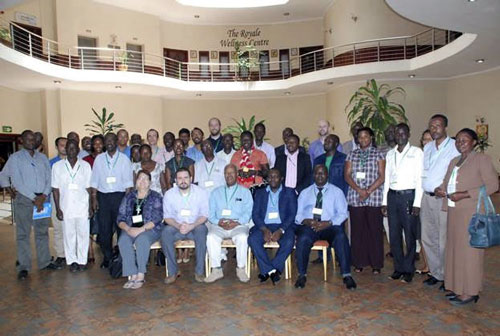DTMASS News
Seed certification critical to quality seed production
For over 50 years, CIMMYT has led the research and development of quality, improved seed, designed to help farmers mitigate the effects of climate change while improving livelihoods.
A model of sustainability: NASECO shares six ways to build a thriving seed company
What began as a development project has steadily grown into a thriving seed company in Uganda. Nalweyo Seed Company (NASECO) was first established in 1996 as part of a project that supplied free seed from Uganda’s National Agriculture Research Organization to farmers in Nalweyo village, Uganda.
Quality assurance and control ensure delivery of high quality maize seed to farmers
Representatives from across the maize production and breeding sectors in eastern and southern Africa gathered to discuss how maize seed systems in Africa can be strengthened through quality assurance (QA) and quality control (QC) measures.
Tanzanian start-up rises to profitable maize business
To achieve its objective of sustainably increasing the availability of new drought tolerant maize varieties in eastern and southern Africa, the International Maize and Wheat Improvement Center (CIMMYT) supports seed company partners in enhancing their capacity to produce foundation and certified seed.
Women take lead in sustainable farming for Africa’s food security
Women across the globe are disproportionately affected by droughts, floods and other extreme weather events and marginalized when it comes to making decisions on recovery and adaptation to climate change. Smallholder farmers in Africa – of which women make up 60 to 80 percent –are predicted to be some of those most affected by climate change.
Klein Karoo’s business knowledge winning in Mozambique
From years of civil war to the devastation of drought, Mozambique has had its fair share of misfortune over the last six years. Home to an estimated 26 million people, this country holds promise for a mighty economic comeback, with agriculture as a major contributor. Despite struggles to reclaim its former glory, several agricultural multinationals are setting up shop in Mozambique, and reaping great benefits.
Improved drought tolerant maize varieties: a sustainable solution to climate change
Is there too much talk and not enough action regarding food security in Africa? For two days, stakeholders in the agricultural sector met in Nairobi, Kenya, for the 4th Africa Food Security Conference (AFSC), held at the Crowne Plaza Hotel on 12 and 13 October 2016. Experts in crop production, nutrition, agricultural inputs, global development and even microfinance, chimed in on the seemingly endless task of making Africa food secure.
Weeding out the losses: Striga challenges in Kenya
Every planting season presents a different kind of challenge for smallholder farmers, and for those in Siaya’s Alego sub-county in Western Kenya, the nightmare of a recurring crop-killing weed is all too real. Known by its local name kayongo, the Striga weed is one of the leading causes of crop loss, a significant dent to farmers’ livelihoods and major hindrance to food security in the area.
Drought tolerant maize a boon to farmers in Zambia hit by El Niño
Drought-related challenges in Africa call for proactive interventions rather than reactive ones. Every so often a drought hits, jolting the development community into action, and leading to the delivery of food aid to millions of people facing starvation — beneficial efforts in the short term, but futile for achieving lasting change.
Maize seed systems in Africa: Understanding the basics
Maize is not only a staple in diets across sub-Saharan Africa (SSA) – it is a cash crop that supports millions of farmer households. Maize is grown on over 33 million hectares in just 13 of 48 SSA countries – accounting for 72% of all maize produced in the region. This crop, without a doubt, is king.
Tanzania seed company increases demand for drought-tolerant maize
Locally adapted marketing initiatives by an innovative seed company are leading farmers in the area around one of Tanzania’s largest agricultural towns to plant Lubango, a high-performing, drought-tolerant maize variety.
Going further down the path to bolster Africa’s maize sector
The long-running Drought Tolerant Maize for Africa (DTMA) Project started in 2007 and ends this month. What next after this long-distance runner, and, more importantly, what will happen to DTMA products?
Enter DTMASS, which stands for Drought Tolerant Maize for Africa Seed Scaling. It’s to be a seamless transition to the next stage on the research-to-development continuum, albeit with a switch in terms of who takes the lead and is firmly in the front seat, and who plays a facilitating role and now settles in the back seat.
DTMA launches new project to improve seed scaling in Eastern Africa
Born out of the Drought Tolerant Maize for Africa (DTMA) Initiative and other CIMMYT-Africa maize projects, the Drought Tolerant Maize for Africa Seed Scaling (DTMASS) project will improve the demand for and availability of high-quality, affordable, certified seed of drought-tolerant maize varieties for small-scale farmers across eastern and southern Africa.

